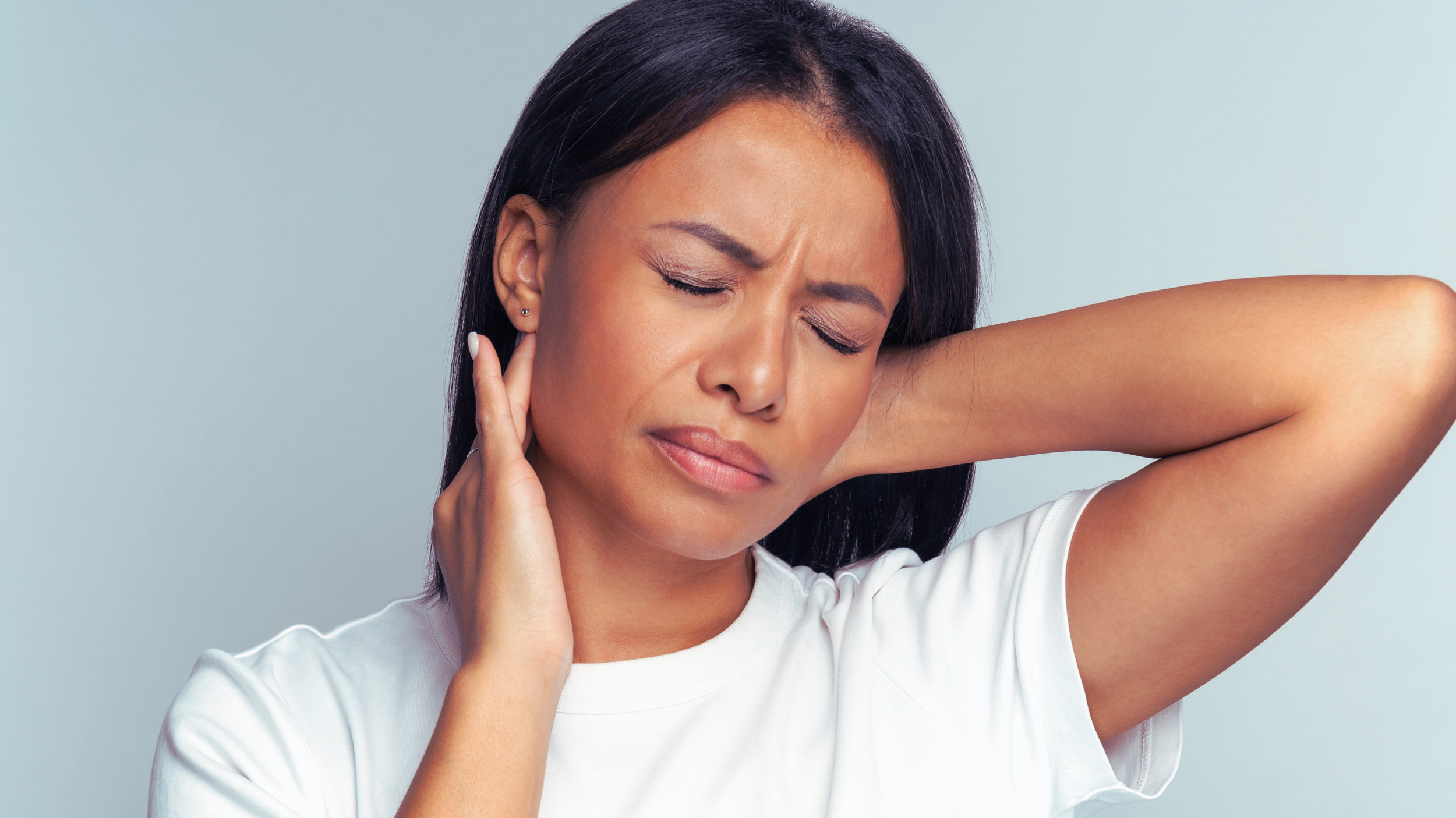
A life free from pain is possible.
Knowledge Becomes Healing.
What are Neuroplastic Symptoms? Chronic pain or illness not explained by disease or injury (or for which treatment is not working as expected) are usually caused by learned neural pathways in the brain. These are called neuroplastic symptoms.
4 out of 10 people seen by physicians suffer from neuroplastic conditions.
Find out if your pain or illness may be neuroplastic.
Find out if your pain or illness may be neuroplastic.
Pain Science Paradigm Shift
Watch as the groundbreaking science of chronic pain (and other symptoms) is explained by scientists who did the research, clinicians who put it into practice, and patients who experienced the life-changing benefits.
Resources
People with neuroplastic symptoms often can relate to one or more of the following personal characteristics. These can change with treatment:
Excessively Self-Critical
Low Self-Esteem
Neglecting your needs
Reliable and Detail-Oriented
Hard worker
Perfectionism
Unbalanced or toxic relationships
Approval-seeking
Stressful lifestyle
Poor assertiveness
Anxiety
Depression
Traumatic life event(s)
Adversity in Childhood
Neuroplastic Recovery Therapies Research
In patients with back pain for an average of 10 years, pain decreased by 75% after eight one-hour sessions of neuroplastic recovery therapy.
After an average of nine months of long Covid, neuroplastic recovery therapy led to a 77% decrease in pain interfering with activity.
In a study in Los Angeles of older male veterans with chronic pain, 67% achieved at least 30% pain relief with neuroplastic recovery therapy.
In a study at Harvard, of people with chronic back pain, 64% became pain-free after six months of neuroplastic recovery therapy.
More Conditions that are often Neuroplastic
Alternative Diagnoses
Adrenal fatigue syndrome
Candida overgrowth syndrome
Dysbiosis/dysbacteriosis
EBV reactivation syndrome
Electro-magnetic field sensitivity
Leaky gut syndrome
Mast cell activation syndrome
Multiple chemical sensitivities
Multiple food sensitivities
Multiple medication allergies
Small intestine bacterial overgrowth syndrome
Cardiology
Inappropriate sinus tachycardia
Non-cardiac chest pain
Postural orthostatic tachycardia syndrome
Raynaud’s phenomena
Ear, Nose, and Throat
Burning mouth syndrome
Choking sensation or “lump in throat”
Chronic cough
Chronic tooth or gum pain
Laryngopharyngeal reflux
TMJ OR TMD Temporomandibular disorder
Tinnitus
Gastroenterology
Chronic heartburn or GERD
Cyclic vomiting syndrome
Functional abdominal pain
Functional dyspepsia
Irritable bowel syndrome
Genito-Urinary
Chronic prostatitis
Dyspareunia
Frequent urination
Pelvic congestion syndrome
Pelvic floor dysfunction
Persistent genital arousal disorder
Pudendal neuralgia
Rectal muscle spasm/rectal pain
Sexual dysfunction
Vulvodynia
Mental Health
Anxiety
Depression
Eating disorders
Misophonia
Obsessive-compulsive disorder
Panic attacks
Post-traumatic Stress Disorder
Protracted withdrawal syndrome
Musculoskeletal
Amplified musculoskeletal pain syndrome
Chronic joint pain
Chronic neck pain
Chronic tendonitis
Erythromelalgia
Foot pain syndrome
Morton’s neuroma
Myofascial pain syndrome
Paresthesias
Piriformis syndrome
Plantar fasciitis
Post-surgical incision pain
Repetitive strain injury
Thoracic outlet syndrome
Torticollis
Whiplash
Winged scapula syndrome
Neurology
Benign Tremor
Brain fog, memory difficulties
Computer vision syndrome
Dystonias
Mal de Debarquement syndrome
Non-epileptic or functional seizure disorder
Occipital neuralgia
Persistent postural perceptual dizziness
Post concussion syndrome
Post-herpetic neuralgia
Raynaud’s phenomena
Restless leg syndrome
Small fiber neuropathy
Spasmodic dysphonia
Stuttering
Tics
Trigeminal neuralgia
Visual snow syndrome
Other Conditions
Hypersensitivity to touch, sound, smell, light, foods or medications
Insomnia
Multiple chemical sensitivity
Skin
Chronic eczema, hives, or itching
Hyperhydrosis
Telogen effluvium

Learn More.
ATNS
The Association for the Treatment of Neuroplastic Symptoms is a 501(c)(3) nonprofit organization with a mission to educate the public, patients, and practitioners about how to diagnose and treat neuroplastic pain and illness. Founded and led by volunteer medical and mental health practitioners, researchers and patient advocates, ATNS provides the information and tools needed to recognize and treat neuroplastic conditions; explains and promotes the latest scientific research; advocates for healthcare policies that support access to quality treatment; and empowers people to advance their own healing.






















